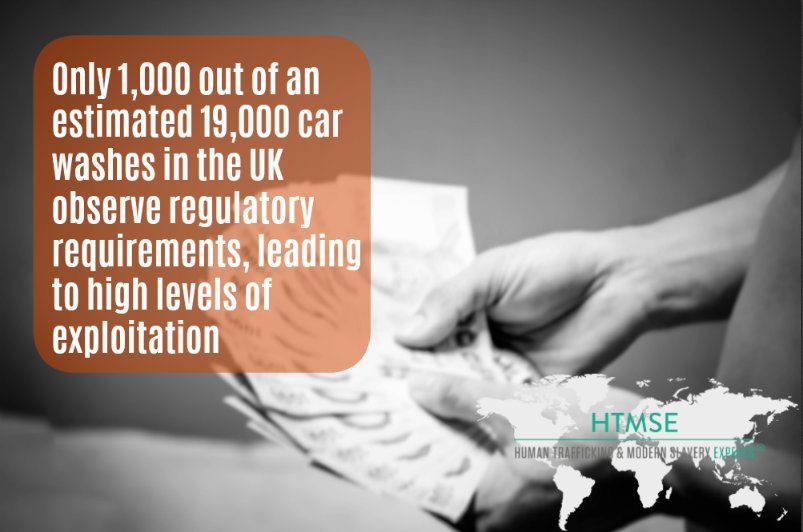The Walk Free Foundation has released a report showing recent analysis of forced marriage globally. Victims of forced marriage, many being children and most often women, may undergo similar conditions to slavery. They are acutely vulnerable to sexual exploitation, domestic servitude, and other forms of forced labour.
The numbers are significant, showing ‘‘in 2016, an estimated 15.4 million people, or two in every 1,000 people, were living in a forced marriage. This includes marriages of both adults and children that were reported by the survey respondent to have been forced and without consent, regardless of the age of the respondent.”
Being the most vulnerable targets, 84 percent of the total victims are women, and 34 percent of total victims younger than 18. All continents display cases of forced marriage, however highest known rates are in Africa, followed by Asia and the Pacific. The reasons for forced marriage are complex and cultural context specific, and are entrenched in gendered, cultural and religious beliefs where value is only assigned to women as wives, mothers and caretakers. Solutions to end forced marriage require legal change as well as a normative and systematic social shift by understanding and challenging the drivers of it.
See full report on Forced Marriage by the Walk Free Foundation.
